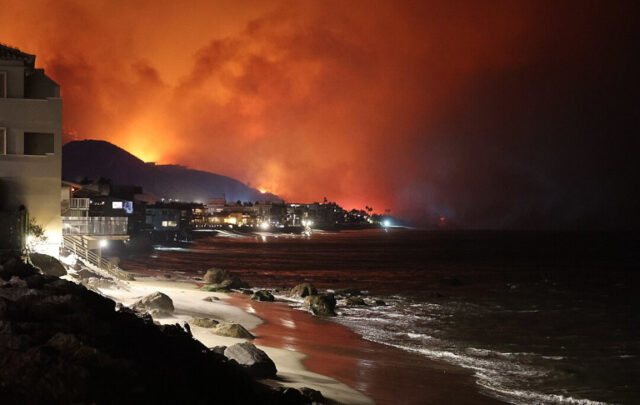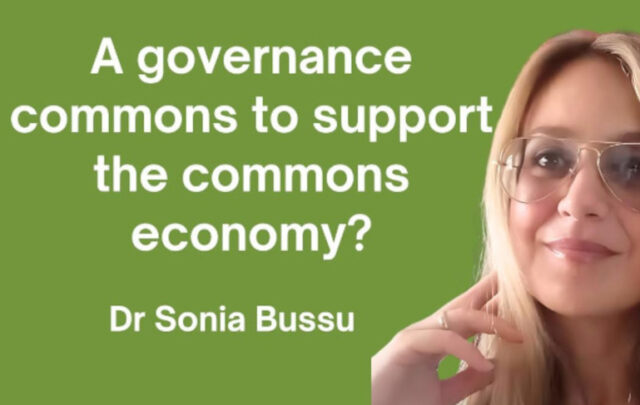Climate: Facing the New Reality and Fighting Back
A new and frightening world of climate change is unfolding around us, and Donald Trump’s election will strengthen its hold. I will focus here on three things: What will the emerging climate reality be like? How did we get here? What can we still do?
January 17, 2025
Ecology of Fear: Mike Davis’ history of LA and natural disaster is re-read whenever fire rages in California
Davis’ politically strident, stylishly written book explores the interplay between urban development, natural disasters, man-made catastrophes and cultural narratives.
January 16, 2025
Mobilise as if our lives depend on it
There is a battle for the role of the state, with democratic community movements worldwide — including citizens, students, the labour movement, grassroots organisations,, and a myriad of other diverse constituencies — demanding that the state act to overturn deregulation’s hegemony.
January 15, 2025
A governance commons to support the commons economy? Conversation with Dr Sonia Bussu
Dave Darby of Lowimpact.org and Stroud Commons in conversation with Sonia Bussu, Associate Professor in Public Policy at the University of Birmingham and project lead for INSPIRE (looking at democratic innovations and their limitations – particularly around marginalised people), about participatory democracy and its role in helping build the commons economy.
January 15, 2025
Decoupling what!?
Adding up, when discussing decoupling, it is extremely important to look into the definitions, the boundaries and the evidence presented – regardless what message they have – in a very critical way.
January 14, 2025
The Arts Organization Helping Transform Appalachia’s Craft Economy
Creative entrepreneurs are getting needed support to grow and sustain their businesses after Hurricane Helene.
January 13, 2025
Pirate Care as a Revolutionary Act
For an illuminating deep dive on the politics of care, check out a new book, Pirate Care: Acts Against the Criminalization of Solidarity (Pluto Press).
January 9, 2025
Democracy Rising
A series of blog posts on deliberative democracy: what it is, why it’s powerful, why the time is right for it, how it works, and how to get it going in your community.









